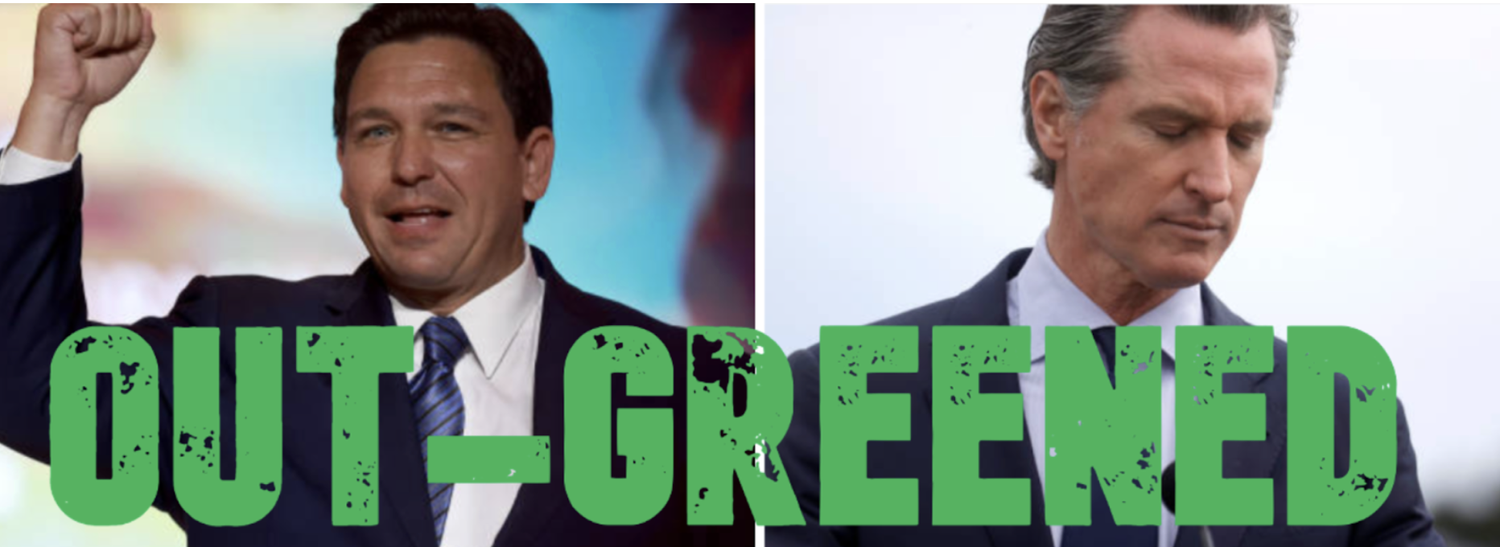As I've stated before, I simply think the IOUs are too big, too powerful. Break them all up and make local/regional power companies which are non-profits serving their local communities. Local communities also own their own land I assume and can go hog wild with solar/battery storage in a large scale.
My unregulated market rebuttal above doesn't mean I actually support the IOUs (look at all my posts), but I think simply breaking up the IOUs will fix most of the problems in and of itself first vs. thinking of some complex unregulated half-way market will solve things. At the end of the day, people/companies/IOUs are motivated my profits and no amount of tinkering will fix that I feel.
You can try to deregulate to a limited degree, but until the IOUs are simply gone, I don't think anything proposed will work because you have a massively powerful company always cooking up ways to generate more profits and since it's their job, they have 24x7 to think about that while consumers have their own jobs to worry about.
Problem is if you look at how the IOUs are built, there are really no "clean" ways to break them up. You can't do it geographically, because their power production facilities are not built out evenly enough for something like that. And then who services the poles+wires.
San Diego has tried this, and is currently trying it, with a municipal-owned alternative. The cost to rate-payers is a big fat . . . 3-4c/kwh cheaper than SDG&E. When you are talking about rates from 30-60c/kwh as a comparison, that's not a substantial savings.
TX's system is not perfect, but there are parts of it that made things REALLY competitive really quickly.
1) the companies that maintain the poles+wires are generally not the power producers. Their chargers are added on to rate-payer's bills, but they are small and reasonable (like 3-5c/kwh)
2) nearly any company can sign up to "plug in" to the grid and be a power producer. When I lived in TX, if you wanted as a customer to buy 100% wind power, you had that option. You were not stuck buying power from the power producer geographically located nearest to you.
Did you know that in TX you soon can buy power from Tesla themselves? They have signed up to be a power producer.
Gov should be involved to maintain certain standards that all the power producers and maintainers of poles+wires adhere to. I'm not advocating government "hands off" completely. But I have yet to see in the utility industry mechanism that works as well as the free market (again, with some price-gouging restrictions and quality of service standards enforced).
And I've lived in both states a significant amount of time (10 yrs in TX, 6 in CA) and experienced first hand both systems.

 abcnews.go.com
abcnews.go.com








